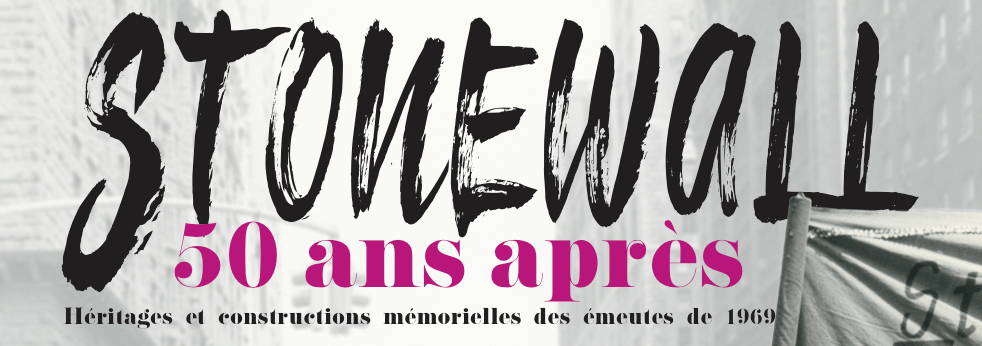This is an unashamedly autobiographical reflection on the past fifty years, and my involvement in what we used to call the gay movement. There will be academic citations, but the data is largely drawn from my own observations and writings over the period since I published my first book,Homosexual: Oppression & Liberation, in 1972. It foreshadows a book that will be published in August: Unrequited Love: A political memoir.
I was not at Stonewall, but I had visited the bar a few months earlier; it was the first time I saw men dancing together. I returned to New York in late 1970, and became part of the collective that produced Come Out, the gay liberation newspaper. This in turn led to some involvement with early movement groups in the US, until I returned to Australia where I taught at Sydney University throughout the 1970s. Because I am a writer many of my early contacts were with movement newspapers such as Body Politic [Toronto] and Gay Sunshine [San F].
In 1977, and largely on a whim, I took a sabbatical in Paris, and met the collective of Gai pied; I also travelled to Brazil where a small gay liberation group existed around the publication Lampiao. I then lived again in New York in the first half of the 1980s, during the first stages of the AIDS epidemic, which became central to my research and activism for the next several decades.
Through the networks created by the need to respond to AIDS I developed some knowledge of the international LGBT movement, particularly in southeast Asia. One of the challenges in exploring queer history over the past three decades is analysing the impact of the epidemic on the development of various movements across the world, often made possible by the immediate crisis of HIV.
Because I am neither American nor French, I come to this topic from a third position, one that recognises the complex interaction between global images and local conditions. I am particularly interested in how American modes of understanding our sexualities enter into the global imaginary, even as they are reshaped by local conditions and cultures. Methodologically this is an exercise in autobiography mediated by reading the secondary literature of the movement across the last half century.
Intervenant - Français
Dennis Altman, professeur émérite de science politique à La Trobe University (Australie), est un témoin, un participant et un spécialiste de premier plan des mouvements de libération LGBTQ à l'échelle internationale. Il est l'auteur de nombreuses publications sur les mobilisations LGBTQ, le sida, ainsi que la globalisation des cultures queer et des mouvements LGBTQ. Ses publications les plus récentes incluent notamment The End of the Homosexual? (2013), Queer Wars (2016) et Unrequited Love (à paraitre). Son important ouvrage de 1971 sur la libération gay, Homosexual: Oppression & Liberation, a également été réédité en 2012.
Speaker - English
Dennis Altman is a Professorial Fellow in Human Security at La Trobe University (Australia) and a prominent witness, participant, and scholar of LGBTQ liberation internationally. He has written extensively about LGBTQ mobilizations, AIDS, and the globalization of queer cultures and LGBTQ rights movements. His most recent books include The End of the Homosexual? (2013), Queer Wars (2016), and Unrequited Love (forthcoming). His influential work on gay liberation, Homosexual: Oppression & Liberation (1971), was also recently republished in 2012.

 PDF version
PDF version
